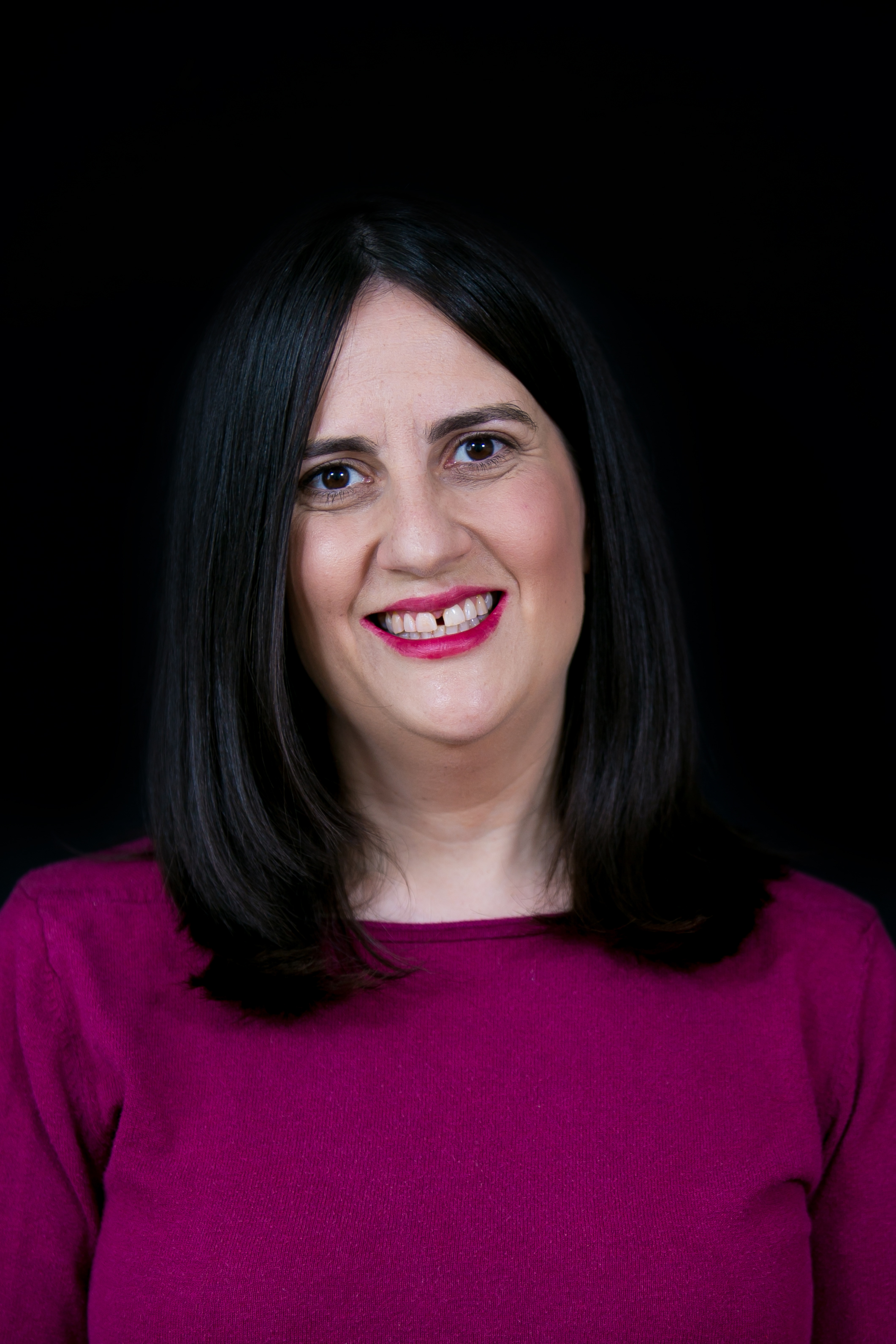Sharon: ‘More than a Seizure Disorder’
“I have goals, but it’s difficult to achieve them,” Sharon says.
The 42-year-old mother of three from the outskirts of London is a rarity. Twelve years of epilepsy and its treatment have dulled her memory, yet she remains painstakingly self-aware. She treasures her self-awareness as she would an heirloom. After all, she’s worked hard to retain it.
A History of Depression
There’s a rawness, a candor, in Sharon’s story that supplies its power. Her battle with depression and suicidal thoughts started more than 10 years before she was diagnosed with epilepsy. They clung to her like a house guest who doesn’t know when to leave.
Even now, she can’t help but wonder: What was happening in my brain all those years? Is there a connection between my depression and the epilepsy that developed later?
Epilepsy Diagnosis Brings Clarity

After the birth of her first child in 2007, Sharon was diagnosed with epilepsy. All those years of feeling “off” finally seemed to add up.
She had her first seizure at her dad’s 65th birthday party.
“I gave a speech, walked out of the room, lay on a couch,” she says. “I don’t remember the evening.”
Since then, Sharon’s seizures have been well controlled by medication. But she’s sensitive to even the slightest change in dose. Once, she went away for the weekend and forgot to pack her medicine. She paid for it with two tonic-clonic seizures (full-blown convulsions).
“I don’t know whether it’s normal to have a seizure if you haven’t taken your medication for just a day,” she says. “Is that normal?”
Such questions burn in Sharon’s mind, part of the endless quest to make sense of the epilepsy experience. What’s normal? Where is this heading? Who understands what this feels like?
Lack of Focus Becoming the Norm
“Epilepsy is not just about seizures,” Sharon says. “It affects my ability to function on an everyday level.”

Sharon can’t tell if her cognitive issues are being caused by abnormal brain activity or her medicine. Either way, she suffers from an inability to focus so predominant she’s been on disability for five years. She already struggled with planning. Now she’s also battling to find the right words.
“Slow processing, poor decision making and brain fog have always been there,” she says. “Since being on anticonvulsants they’ve changed, but it’s difficult for me to say how.”
By now, Sharon’s concentration is so shot that she’s decided to experiment, under the guidance of her neurologist, with changing her anti-epileptic drugs. It’s a process that increases her risk of having a seizure.
“I have come to understand that I’m a human experiment,” she says. “The doctors don’t really know how each drug will affect me – good or bad, so if I want to increase the quality of my life, sometimes I have to take a risk.”
Through it all, she finds comfort in her children and in chronicling her experience on her blog, Epilepsy and Me.
Taking Charge and Finding Peace of Mind
Despite her cognitive struggles, Sharon had the sense to seek a neuropsychological exam to assess how her brain functions.
“It’s been the best therapy for me,” she says. “It’s helped me understand what my issues are.”
As Sharon has become more self-aware, she’s embraced the freedom she’s found. Through writing, she’s channeled her experience in constructive ways. Facebook groups have instilled in her a sense of belonging. And the ketogenic diet, a low-carb, high-fat diet often used to reduce seizures, has alleviated her depression.
“What I’ve done, as people who have a difficult-to-treat condition must do, is I’ve really pushed to get help,” Sharon says. “I’ve paid for second opinions, alternative therapies. I’ve chased down doctors. I’ve researched, and generally speaking, I’ve not given up.”
Does Sharon’s story resonate with you? Follow This is Epilepsy and get stories like this delivered directly to your inbox.
Learn more about Sharon’s epilepsy journey on her website.
Please note: All photos courtesy of Sharon Ross.


